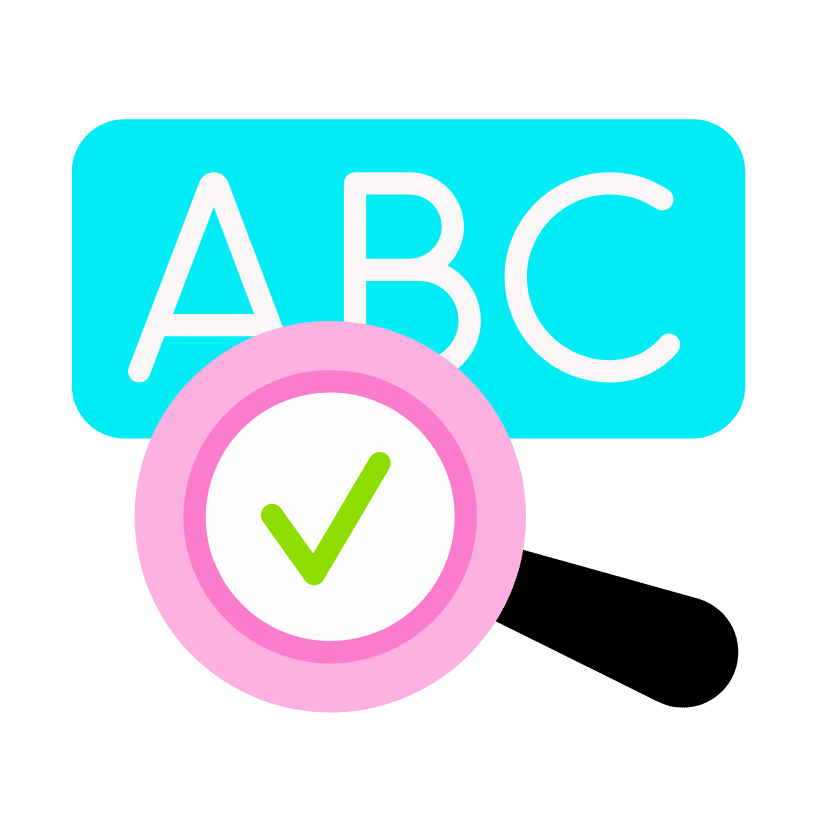Hello! Enjoy our composting podcast by clicking “Play” on the video below. This podcast episode is part of my Earth Day Reading Comprehension Project.
0:01 Today we are joined by Maureen Yeoh who owns a two and a half acre farmette in Indiana. She and her family raised chickens, sheep, goats, rabbits, pigeons, and geese.
0:12 Maureen has over 30 years of experience growing some of her own food and composting. Maureen, thank you for joining us.
0:19 Thank you so much for having me. I have a lot of questions for you. First, what exactly is composting? Well, composting is gathering up your food scraps like any vegetable and fruit waste you might have after preparing your food.
0:34 You just save those, take them outside, and allow them to sort of decompose over time. As they decompose, they add new nutrients to the soil, and you can use these nutrients to feed your garden or allow them to seep into the ground.
0:47 So composting is a better way to take care of that type of waste than just throwing it in your trash can.
0:52 It’s like reusing all the food scraps you would have thrown away otherwise. That’s really cool. I didn’t realize you could save all those feed scraps.
1:00 Can you throw any type of food in the compost? You can add any fruits or vegetables in their scraps. So seeds, skin, whatever.
1:08 You can also put eggshells and coffee grounds in there. Grass clippings are great too. You definitely shouldn’t put any meat scraps or oil in though.
1:17 The fat you cut off a chicken before cooking it or the bones cannot be put into the compost bin. No dairy products either.
1:24 But fruits and veggies are fair game. Just stick the veggie and fruit scraps in your compost bin as you’re cutting them.
1:31 Where do you keep your compost bin? Doesn’t it get smelter? It can be, but typically when you save your food scraps, you just get a little bucket that you keep under your sink.
1:41 Then when you’re done cutting up onions or peeling a banana or an orange or something like that, you can just take the scraps and put them into a bucket.
1:48 Put your lid on and it won’t smell. That stuff isn’t sitting there smelling. It’s covered up either on your kitchen counter or underneath your sink.
1:57 Then you just take it right outside so it’s not really smelly. When you say take it outside, what do you mean by that?
2:04 Where does it go? Just outside your house, apartment or wherever, you just make a little area to put your compost.
2:11 You can use a wire mesh fence or something like that or even old wood pallets to dedicate an area to your compost.
2:18 They do sell compost bins that you can get too. Do you need to have a fancy garden or a large outdoor space in order to compost?
2:27 Nope. You can do it pretty much anywhere you live as long as you have a place outside to put your food scraps.
2:32 You pro- We probably want it to be fenced in so that rats can’t get into it. Cover it and it will decompose over time.
2:40 We’ve had a few compost piles during our farm life and we just kind of pile it up and throw things in there.
2:45 It was so funny. One year we threw some squash scraps in there with the seeds. The next year we had a whole bunch of gourds growing in there.
2:54 That’s really neat. Are there any- Are there any bugs or anything that aid in the decomposition process? I know that some people like to do something called vermicomposting, which includes worms.
3:05 You keep a container either indoors or outdoors and you incorporate worms into your composting. Worms actually help food waste to break down more quickly and their waste has a lot of nutrients that are beneficial for your garden too.
3:19 I don’t know if I can do that. I hate worms. For people who do not use worms, how long does the decomposition process take?
3:29 Well, if you want to make the decomposition process move a little faster, you could cut your scraps into smaller pieces and mix and turn the contents every so often.
3:37 We don’t do that though. We kind of have a leave it and forget it mindset. It takes about a year for the contents of our pile to decompose since we don’t do anything to it.
3:47 If you mix your compost pile often, it’ll probably decompose in about three to five months. I was actually expecting it to take longer.
3:56 Not bad. So what exactly are the benefits of composting? Why do people do it? Oh, there are so many. Well, first of all, it reduces the amount of waste waste you’re sending to the landfill.
4:09 It also really does cut down on the smell in your garbage can inside because you’re not waiting so long to bring it to your trash can outside.
4:16 And most importantly, it’s so, so good for your soil. It gives it a ton of nutrients. Once the compost is decomposed and the soil is full of.
4:27 Nutrients, what do you do with it? You can put it anywhere there’s soil. If you have a bunch of indoor plants, you can incorporate.
4:34 Your compost soil into what’s already in the pots. The same goes for outdoor plants. You can mix it into the original soil or even sprinkle it on top.
4:43 Some people even use it as mulch. Wow, there is so much that can be done by composting. I’m really excited to get started.
4:51 Thank you so much for answering all our questions and spending time with us today. Of course. Composting really is pretty simple and it’s great for the earth.
5:00 You’re going to do great. Happy composting!








